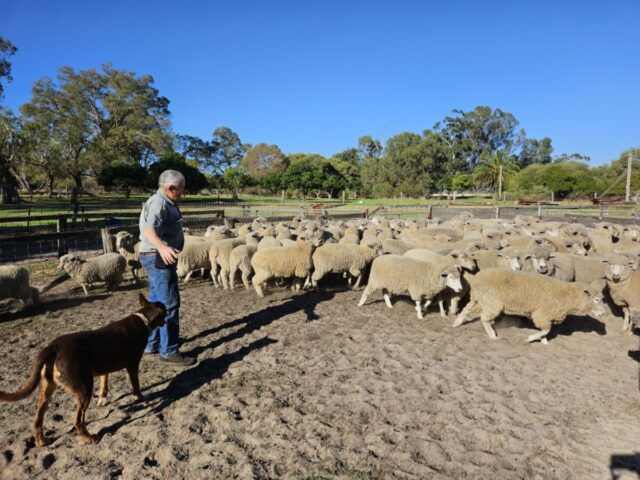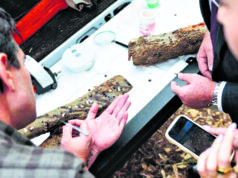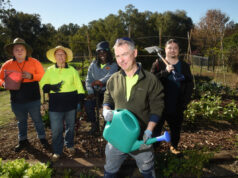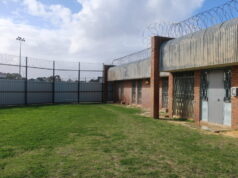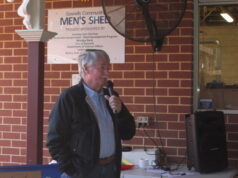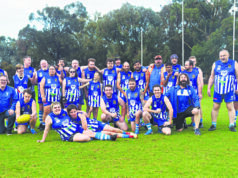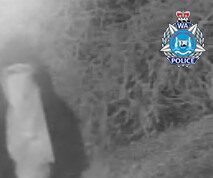Local farmers are already feeling the pinch after the federal government announced Australia would stop shipping live sheep overseas by May 1, 2028.
Earlier this month the government announced it would be following through on its election commitment to phase out the country’s export of live sheep by sea.
Minister for Agriculture Murray Watt said legislation enacting the phase out will be introduced in this term of parliament and there would be a $107 million transition support package for the Australian sheep industry.
Some $64.6 million of that is earmarked to assist sheep producers and the supply chain.
But farmers and exporters across the nation are fuming, especially in WA where the majority of the nation’s live sheep exports come from.
Keysbrook’s Ken Elliott is a third-generation farmer.
He currently has about 800 head of sheep, and he keeps cattle too.
His family have farmed in Keysbrook for nearly 100 years. But after the government’s announcement, he’s unsure what his future will look like.
“We’re at a loss to know what to do,” he said.
He said the ban comes at a time when farmers are already suffering; a glut of sheep, the prevailing drought conditions, and months-long queues to get in to the abattoirs have put farmers on razor-thin profit margins.
Ken said sheep farmers have gone from a market high three years ago which saw commercial records broken around the country, to rock-bottom with rumours of farmers being forced to shoot their sheep.
“Some sheep are selling for $5 meaning farmers end up with a bill at the end,” he said.
“I’ve kept lambs back because I couldn’t get enough for them.
“And because the market is so low, it’s not worth buying feed to feed them.”
He said the live export industry kept competition in the market. Without it, farmers will be especially vulnerable to these sorts of market lows.
“It’s already having an impact on the market. There’s just no confidence in the industry,” he said.
“This is a big kick in the guts to everyone.”
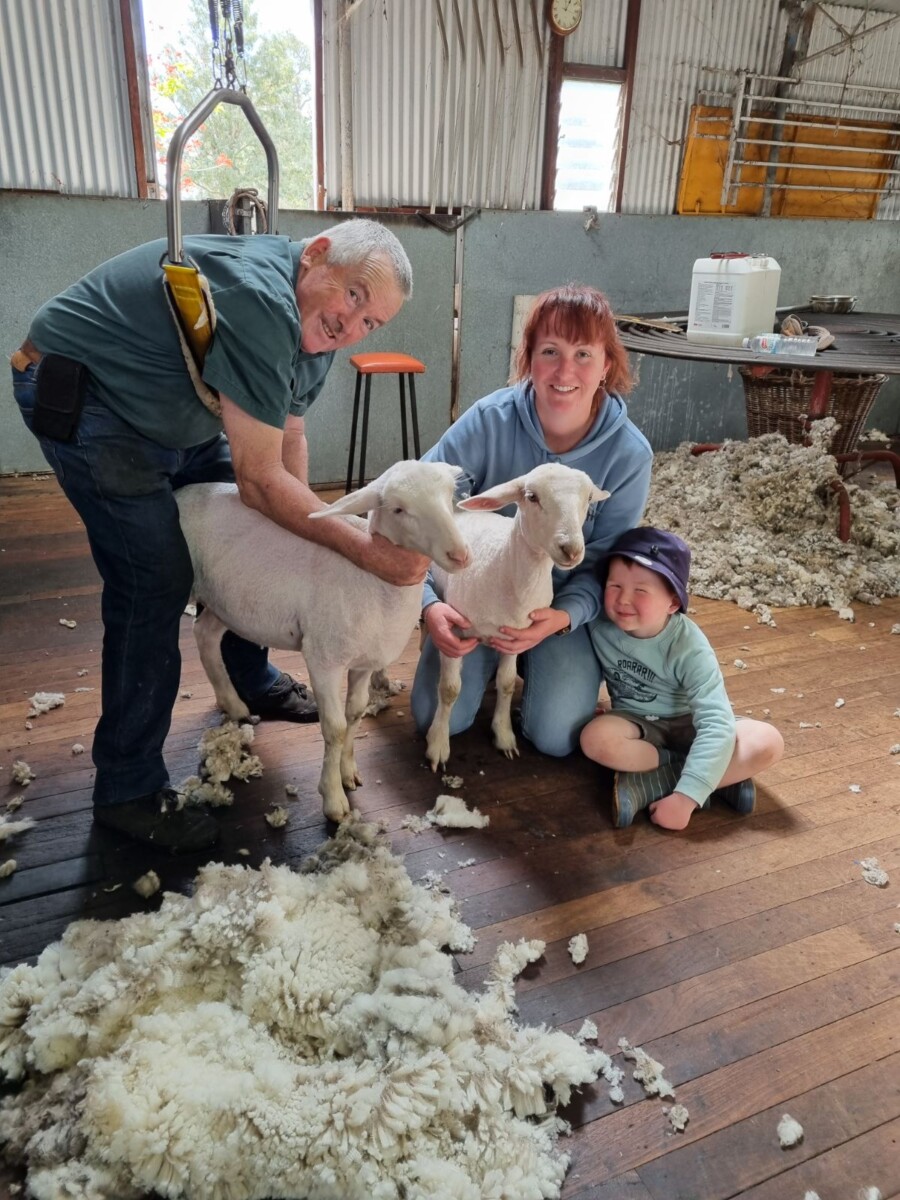
Minister Watt said the government was implementing the phase out to protect the welfare of Australian sheep.
“The community expects Australia to have the world’s best animal welfare practices,” he said.
“I understand that some in the community will want to see the trade stopped tomorrow, and others not at all.
“As a government we have taken the time to get this right.
“This approach strikes the right balance, based on extensive industry and community consultation.”
But Ken Elliott said all he sees is the government “bowing and scraping to radical minority groups” and refusing to acknowledge the progress that’s been made or listen to the people whose livelihoods are being affected.
After the government’s announcement, the Animal Justice Party was quick to congratulate themselves and their supporters on an ‘historic win’.
“We are proud that the AJP could deliver the knockout blow by demanding the end of live sheep export as a requirement for our preferences at the Dunkley By-election in March,” the party’s statement reads.
AJP president Louis Pfeiffer said the plight of the sheep stranded aboard the MV Bahijah for weeks earlier this year was proof positive that the ban was needed.
“The recent live export crisis involving the MV Bahijah, its failed voyage through the active conflict zone in the Red Sea and subsequent lengthy voyage to the Middle East via Africa, shows how fraught with risk the live export trade is, for both the animals and crew on board,” she said.
“Live export is not only an animal welfare disaster, but it’s a disaster waiting to happen. The sooner this archaic trade ends in all its forms, the better.”
Unlike the AJP, Ken doesn’t see this as a win for the welfare of sheep.
“Why does the media keep showing years-old footage of sheep in distress?” he said.
“The industry has reformed a hell of a lot since then.
“Mortality rates are less than one percent, which is probably lower than if they were on a farm.
“The demand for live exports will still be there – they’ll just source them from places with much lower standards of welfare.”
Minister Watts said the phase out of live exports opened an opportunity for Australia to build its on-shore processing industry.
He said the live sheep export industry had been in decline for many years, down from $415m in 2002/03 to $77m in 2022/23. But the demand for processed sheep meat both here and overseas had been rapidly expanding, he said.
“Our sheep meat industry is one of the great success stories of our agricultural sector,” he said.
“While live sheep exports have shrunk by $338 million over the past 20 years, our sheep meat exports have grown by over 300 percent over that same period, with exports to the North Africa and Middle East region more than tripling in value over this period.
“Processing sheep here in Australia adds value locally, supports increased farm gate returns and creates local jobs.”
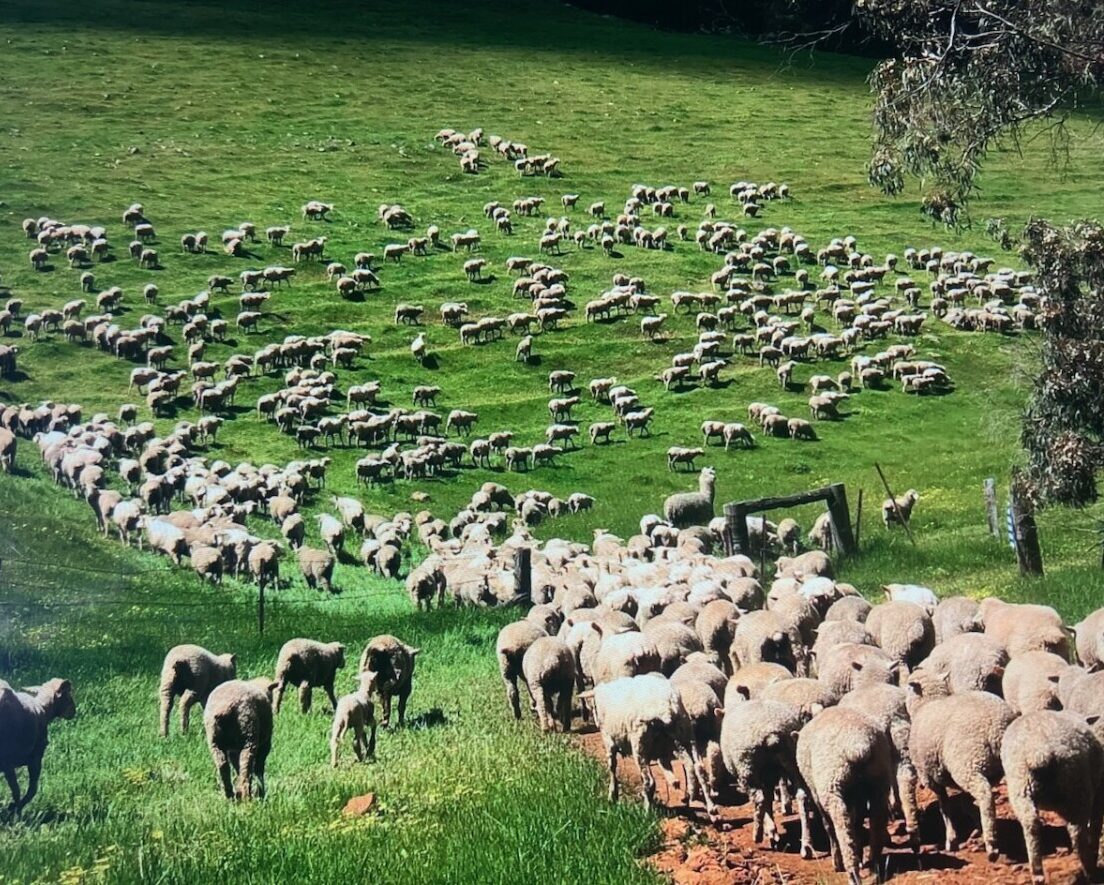
But fellow Keysbrook sheep/cattle farmer Coralie Parkin said shifting the entire industry to domestic processing is going to be chaotic at best.
“We were selling direct to the abattoir at Gingin, but getting a booking is a nightmare,” she said.
“Katanning abattoir said they’re flat out too.
“You’ve got to wait four to five months to get cattle into Harvey Beef.
“It’s the same now with sheep. And to get a booking they’ve got to be a certain weight – if they’re too heavy you get docked because ‘the housewife doesn’t like a big chop’ I was told.
“It’s all well-and-good to use some of that money to build more abattoirs, but where are you going to get the workers? And where will they live?”
She said she went to a meeting down at Yornup a couple of months ago with 300 ‘very angry farmers’ which gave her an understanding of how others are currently faring.
“State-wide the mental health of farming families is suffering,” she said.
“And it’s going to be decimated after this. Farmers are currently pleading with people to take their sheep.”
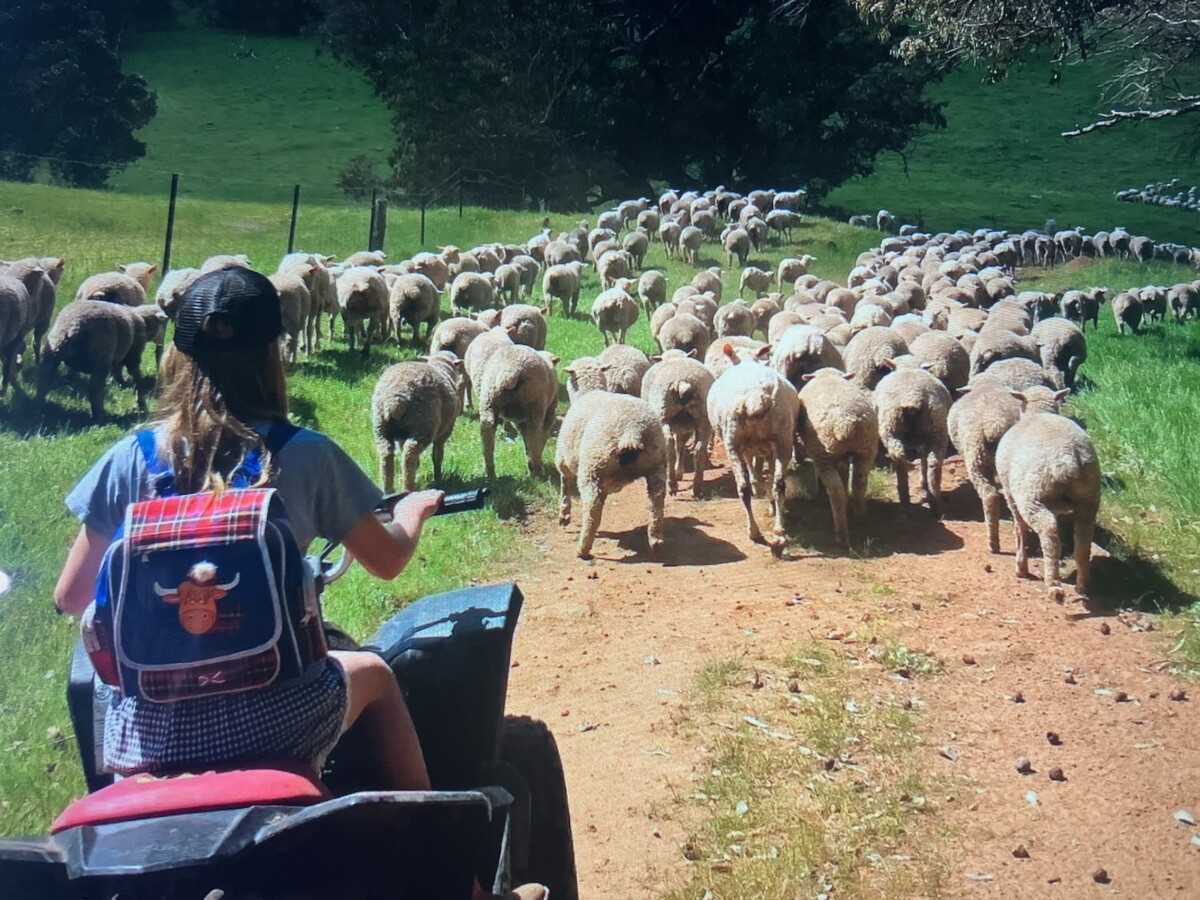
Both Ken and Coralie have said they plan to lean into their cattle a little more. But they’re nervous about the future of that industry too.
For the first time in almost 100 years, Coralie has had to source hay to feed her animals. After the driest Summer on record, she estimates she’s spent over $100,000 on hay.
“We’ve always produced our own hay, but we knew in November we were in trouble.
“It’s almost another nail in the coffin.
“And this export ban, in most people’s opinions, will come to cattle eventually.”
Ken said Labor is well-and-truly on the nose outside the metro area: “A lot of people are saying they won’t vote for those bastards ever again. I certainly won’t be voting Labor.”


